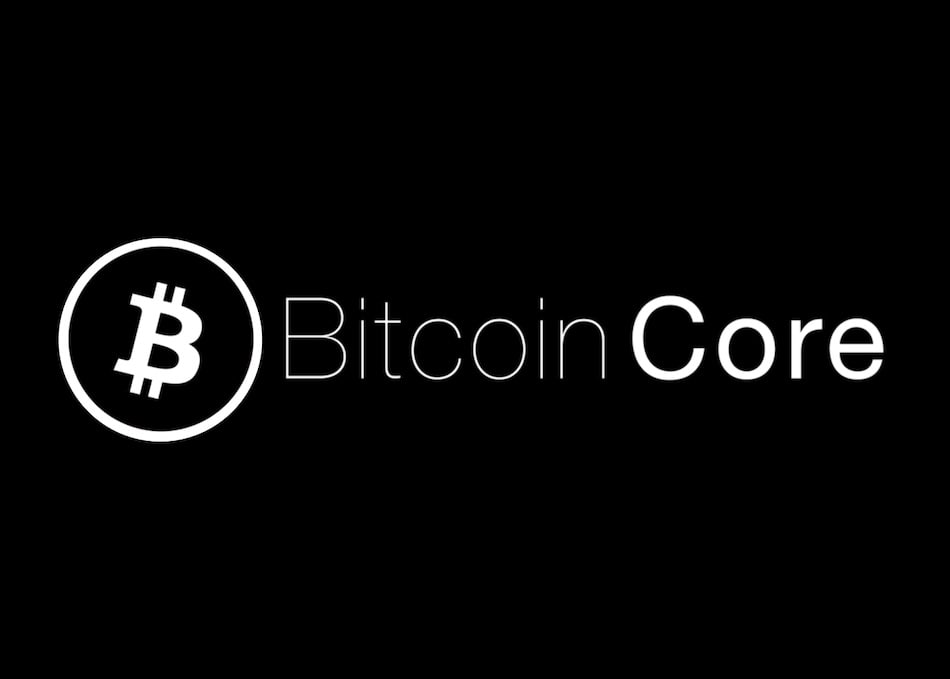
Key Takeaways
- Michael Saylor called the Bitcoin quantum threat 'marketing' for selling speculative tokens.
- He said even a real quantum breakthrough would not be released due to broader systemic risks.
- Upgrades to Bitcoin's software and hardware could address future quantum threats if needed.
Michael Saylor, executive chairman of Strategy, has dismissed concerns that quantum computing poses a serious threat to Bitcoin.
In a June 6 interview on CNBC’s Squawk Box, Saylor called the narrative:
Mainly marketing from people that want to sell you the next quantum yo-yo token.
Contrasting views from researchers
Some researchers, including quantum computing firm Project Eleven, argue otherwise.
They claim over 10 million Bitcoin addresses with exposed public keys could be vulnerable if powerful quantum machines are developed.
According to Project Eleven, more than 6 million BTC could be at theoretical risk.
Saylor’s confidence in cryptography
Still, Saylor is unconvinced.
He said even if a breakthrough came from tech giants like Google or Microsoft, they wouldn’t release a product that could break modern cryptography.
He said:
It would destroy Google and Microsoft and the US Government and the banking system.
Potential upgrades to Bitcoin network
Saylor argued that if such a threat ever emerged, the Bitcoin network would simply be upgraded.
Bitcoin network hardware upgrade, Bitcoin network software upgrade, just like Microsoft, Google, the US government upgrade. We’re just going to upgrade the software.
Real risks according to Saylor
He also claimed the real risk lies elsewhere:
It’s 10,000 times more likely that someone would lose their Bitcoin to a phishing attack than to quantum computing.
Current state of quantum advancements
While IBM and Google have made advancements—IBM’s Heron and Google’s Willow chips can perform 156 and 105 qubits respectively—they remain far from the estimated 2,000 error-corrected qubits needed to compromise a Bitcoin key.




